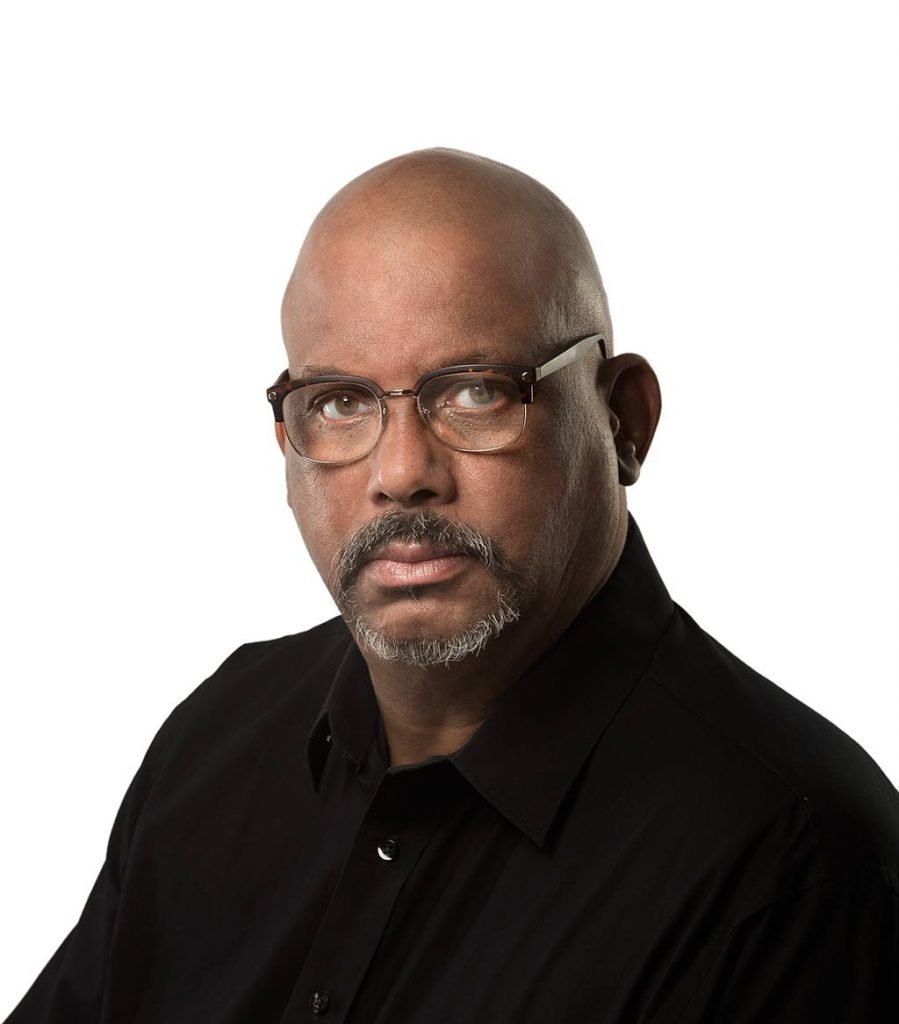Reengineering school

Mark Lyndersay
BitDepth column
Audio: Listen to audio clip.
For a week, beginning on July 26, the Caribbean Association Principals of Secondary Schools convened its 28th Biennial Conference virtually at an event hosted by TT.
It was both sprawling and inclusive, and this column is a stone skipped across a five-day pond of discussion and debate.
Instead of an extended deliberation by senior school administrators, CAPSS 2021 was a spirited virtual engagement between principals, teachers, parents and students in a dialogue that considered an educational landscape rendered almost unrecognisable over the last 18 months.
The first person I heard was Tessa Smith, a mother of two girls, active in the PTA.
Smith's elder daughter adapted to remote learning well, sat and passed her CXC exams, but her younger child can't stand sitting to stare at a screen.
"How do we bridge the gap for children who cannot connect?" Smith asked. "How do we deliver the curriculum?
"I don't know if all our teachers can deliver the curriculum remotely or if they have the tools to do the work that way.
"There are students from homes with challenges for whom the school was a safe space."
Speaking at CANTO's 36th Annual Conference on July 28, Dr Nyan Gadsby-Dolly acknowledged the challenges faced by the Education Ministry since March 2020.
In August 2020, the ministry had a list of 65,000 children who were without devices on the eve of the formal remote resumption of school nationwide.
It was a problem that the world faced. Among school-age children globally, more than 1.5 billion children have had their education affected by school closures.
"Our processes that we follow in schools are a challenge," Gadsby-Dolly said. "Something as simple preparing an attendance register for submission daily to the ministry points to the need for systems in the ministry itself that need to be transformed."
"What is happening is the best of what everyone can do, but it's not exactly the optimised experience, and that brings some of the problems that we are experiencing."
Another mother of two, Guyana's Michele Fraser, pointed out challenges faced by teachers.
Fraser is a teacher and the immediate past president of the PTA of Guyana.
"When this began, we had teachers who said, 'I am not ready, I have my own children to take care of,'" Fraser said.
"I teach math, and sometimes a student just doesn't get it.
"You might see it by looking at their faces in person, but that doesn't happen online.You are teaching and doing everything right and the student just isn't getting it."
In addition to connectivity issues, Fraser noted that parents who went back to work had to leave children at home alone to attend school and students from marginal households had to get by without meals provided.
Limited availability of devices meant that some students attending school remotely would have to rotate use in a family to show up for class at all.
Paula Ann-Moore, well-known in Barbados for holding the Caribbean Examination Council's feet to the fire of public opinion over its handling of examinations in 2020, said pithily that, "The pandemic revealed comorbidities in the society as well as in individuals."
"We remain wedded to high-stakes examinations in the Caribbean," she lamented. "Children had to write exams while carrying all that stress. Students went into examinations stressed, and they were not pleased with their results.
"Parents," she insisted, "need to have a seat at the table in deliberations about education. It's important to do things differently when everything has changed."
Mark Lyndersay is the editor of technewstt.com. An expanded version of this column can be found there.

Comments
"Reengineering school"